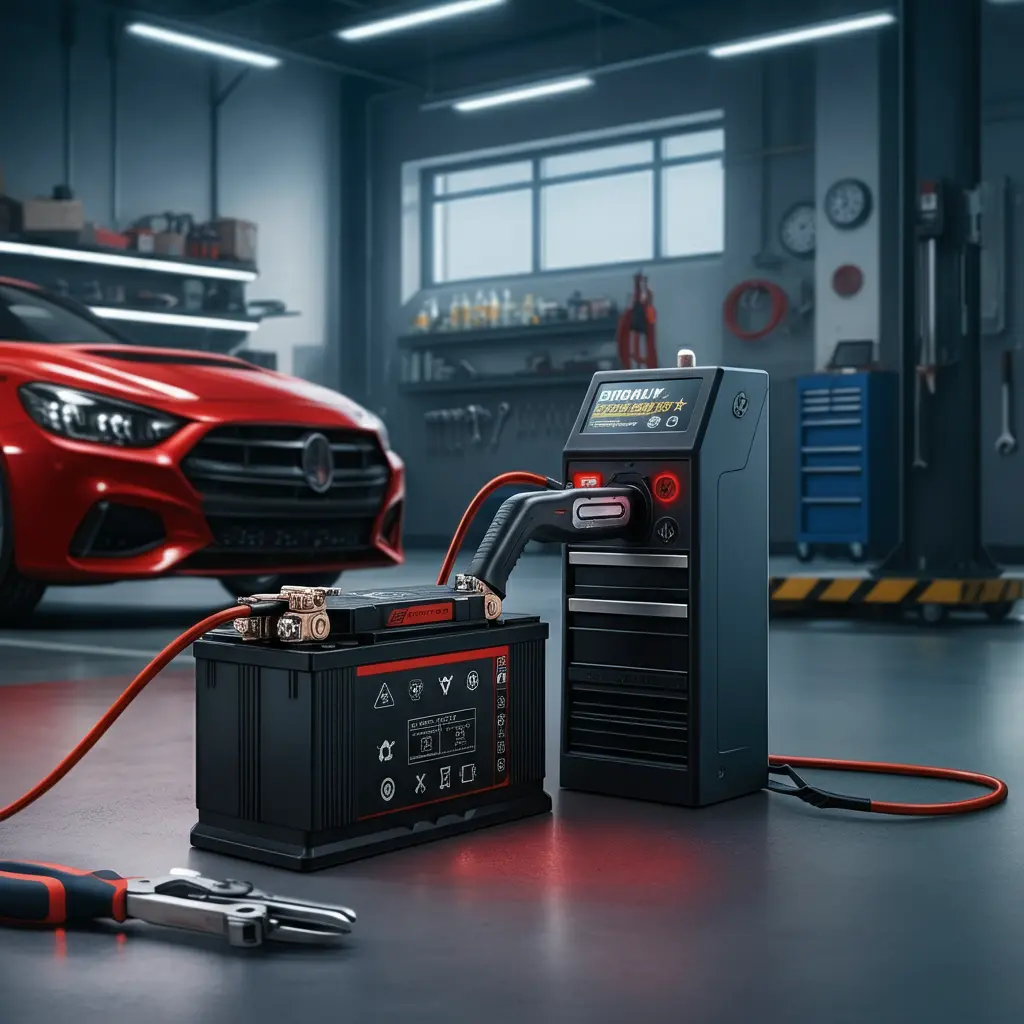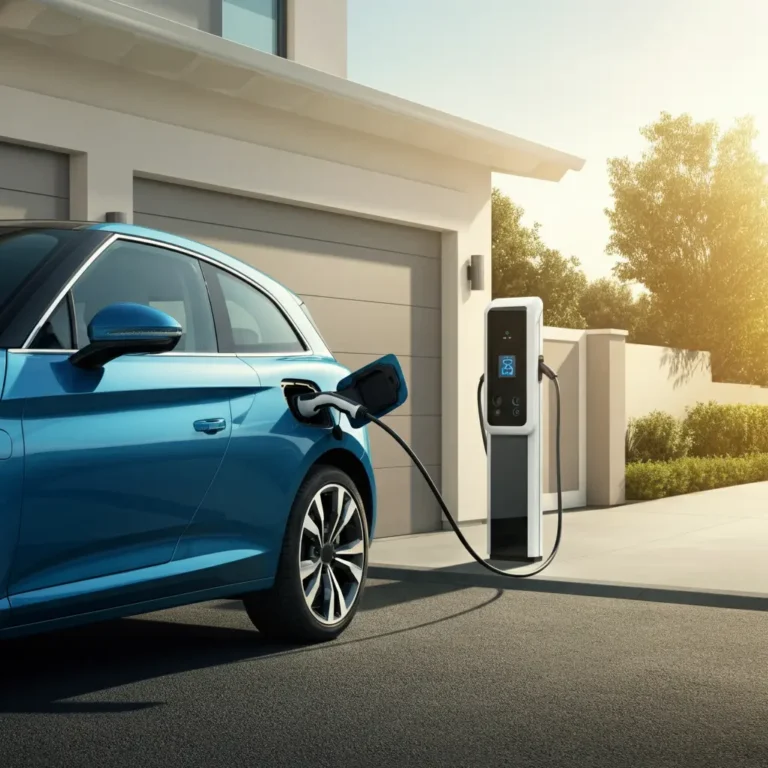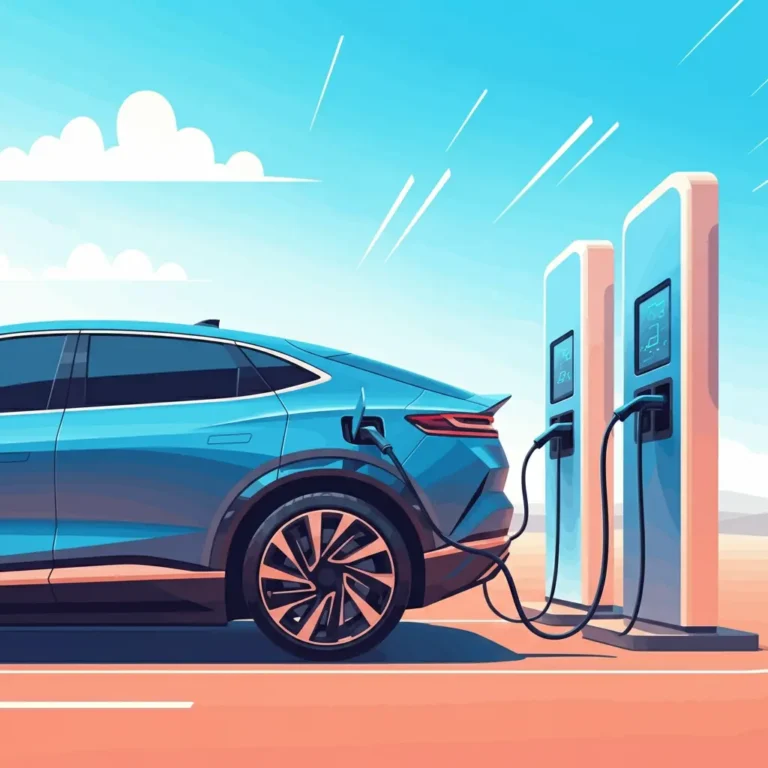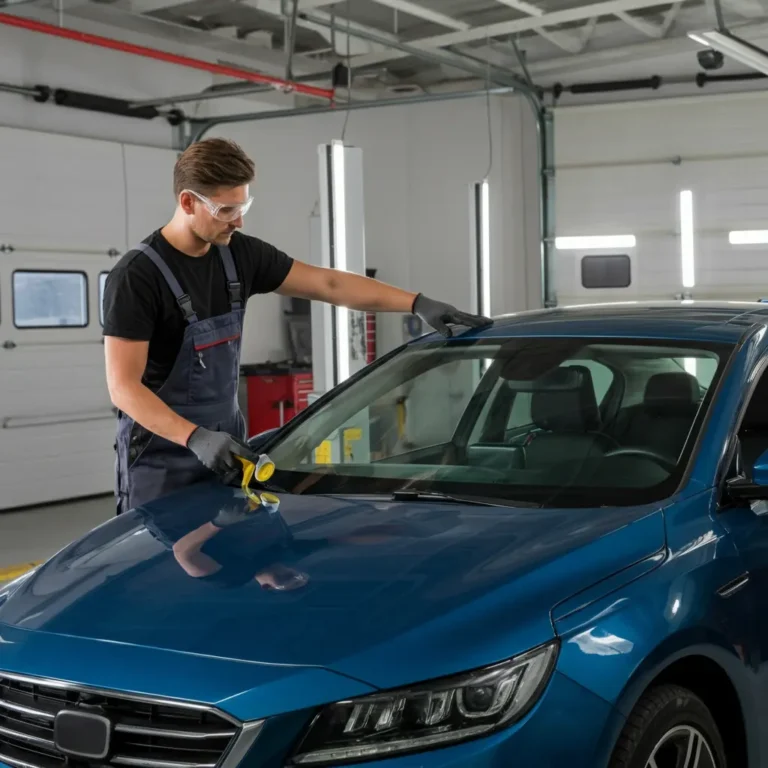How Long Does It Take to Charging a Car Battery
Charging a Car battery is crucial for keeping your vehicle running smoothly, but what happens when the power runs low? Whether you’re dealing with an electric car battery or a traditional lead-acid one, understanding how long it takes to charge can save you time and frustration. Multiple factors influence the charging duration, from the type of battery to the charging method. This article will guide you through everything you need to know to get back on the road quickly and efficiently while maintaining the health of your car battery.
Table of Contents
Introduction to Charging a Car Battery
Charging a car battery might appear straightforward, but the duration needed can vary greatly depending on the situation. Whether you’re stuck with a dead battery or simply topping up, knowing the variables can help you plan. Understanding these basics is not just convenient—it can also extend the life of your battery.
Types of Car Batteries
The type of battery in your car significantly impacts how long it takes to charge. Below are common types of car batteries and their charging characteristics:
- Lead-Acid Batteries
Used in most traditional cars, lead-acid batteries usually charging a car battery in several hours, depending on the charger and the battery’s condition.
- Lithium-Ion Batteries
Found in most electric and hybrid vehicles, lithium-ion batteries can charge much faster, especially with advanced chargers. They support both quick and slow charging.
- AGM (Absorbent Glass Mat) Batteries
Known for their durability, AGM batteries are standard in high-performance and eco-friendly vehicles. Charging times are similar to standard lead-acid batteries but are sensitive to overcharging.
Factors Affecting Charging Duration
Several key factors play a role in determining how long it takes to charge your car battery:
Battery Capacity
Larger batteries naturally require more time to charge. Electric car batteries, for instance, have capacities measured in kilowatt-hours (kWh), which can significantly extend charging times.
Type of Charger
Chargers range from basic models to fast chargers. A standard home charger may take hours, while a fast charger can do the job in minutes.
Battery Condition
Older or poorly maintained batteries take longer to charge than new, well-maintained ones.
State of Charge (SOC)
How empty or full the battery is before charging affects the time. Batteries charge faster when they are empty than when they are nearly complete due to the charging curve.
Environmental Factors
Temperature also impacts charging times. Charging may slow down in colder environments to preserve battery life.
Charging a Car Battery Methods Explained
Plug-In Chargers
Compact and affordable, plug-in chargers are great for home use. Simply connect the charger to the battery, and you’re good to go. Expect it to take anywhere from 4 to 12 hours, depending on the power output.
Jump Starters with Charge Feature
Portable jump starters not only jump-start a dead battery but often have a built-in charging feature. While not as fast as dedicated chargers, they are helpful in emergencies.
Alternators
If you’re driving, your car’s alternator charges the battery as you go. A completely dead battery may require prolonged driving to recharge fully.
Fast Charging vs. Slow Charging
Both fast and slow charging have distinct benefits and drawbacks:
Fast Charging
- Pros
Saves time and is ideal for emergencies or tight schedules.
- Cons
It can generate heat, potentially reducing battery health over the long term.
Slow Charging
- Pros
Gentler on the battery, extending its lifespan.
- Cons
Time-consuming and less convenient for immediate needs.
Charging at Home vs. Charging Stations
Charging car battery at home offers unparalleled convenience, but public charging stations often provide faster options for those in a hurry.
- At Home
Using a wall charger, you can charge overnight. However, charging power may be lower, leading to longer times.
- Public Stations
Public chargers, especially those offering fast-charging capabilities, can charge your battery up to 80% in 30 minutes to an hour.
Battery Maintenance Tips for Longevity
A well-maintained battery charges faster and lasts longer. Here’s how you can take care of it:
- Keep connectors clean to ensure efficient energy transfer.
- Avoid letting the battery fully discharge.
- Check electrolyte levels (for non-sealed batteries).
- Invest in a quality battery charger to prevent overcharging.
Standard Charging a Car Battery Mistakes to Avoid
- Using the Wrong Charger
Ensure you use a charger compatible with your battery type.
- Overcharging the Battery
This can overheat and damage the battery over time.
- Ignoring Warning Signs
Swollen battery cases or slow charging speeds are red flags.
Charging a Car Battery Safety Tips You Should Follow
- Continuously operate in a ventilated area to prevent gas buildup.
- Use safety gloves and goggles to avoid injuries.
- Double-check connections before turning on the charger.
- Avoid charging near combustible materials.
Future of Car Battery Technology
With innovations like solid-state batteries on the horizon, charging times are expected to reduce in the coming years drastically. These new batteries promise higher energy densities and better safety, paving the way for faster and more efficient solutions.
FAQs
Can I charge a car battery overnight?
Yes, slow charging overnight is often the safest method for lead-acid batteries. Just ensure the charger has an auto-cutoff feature to prevent overcharging.
How long does it take to charge a dead car battery?
Depending on the charger and battery type, it can take between 4 and 24 hours to fully recharge a dead car battery.
Are fast chargers bad for car batteries?
Occasional use of fast chargers is acceptable, but frequent use can reduce the battery’s lifespan due to heat generation.
Can I drive immediately after charging my electric car battery?
Absolutely! Electric car batteries are designed for immediate use after charging.
What is the best way to charge my battery during winter?
Charging indoors or in a garage where the temperature is controlled is ideal for cold climates.
Understanding car battery charging times can spare you from unexpected delays and costly repairs. By following these guidelines, you’ll not only save time but also extend the life of your vehicle’s battery.







